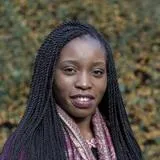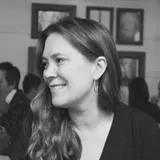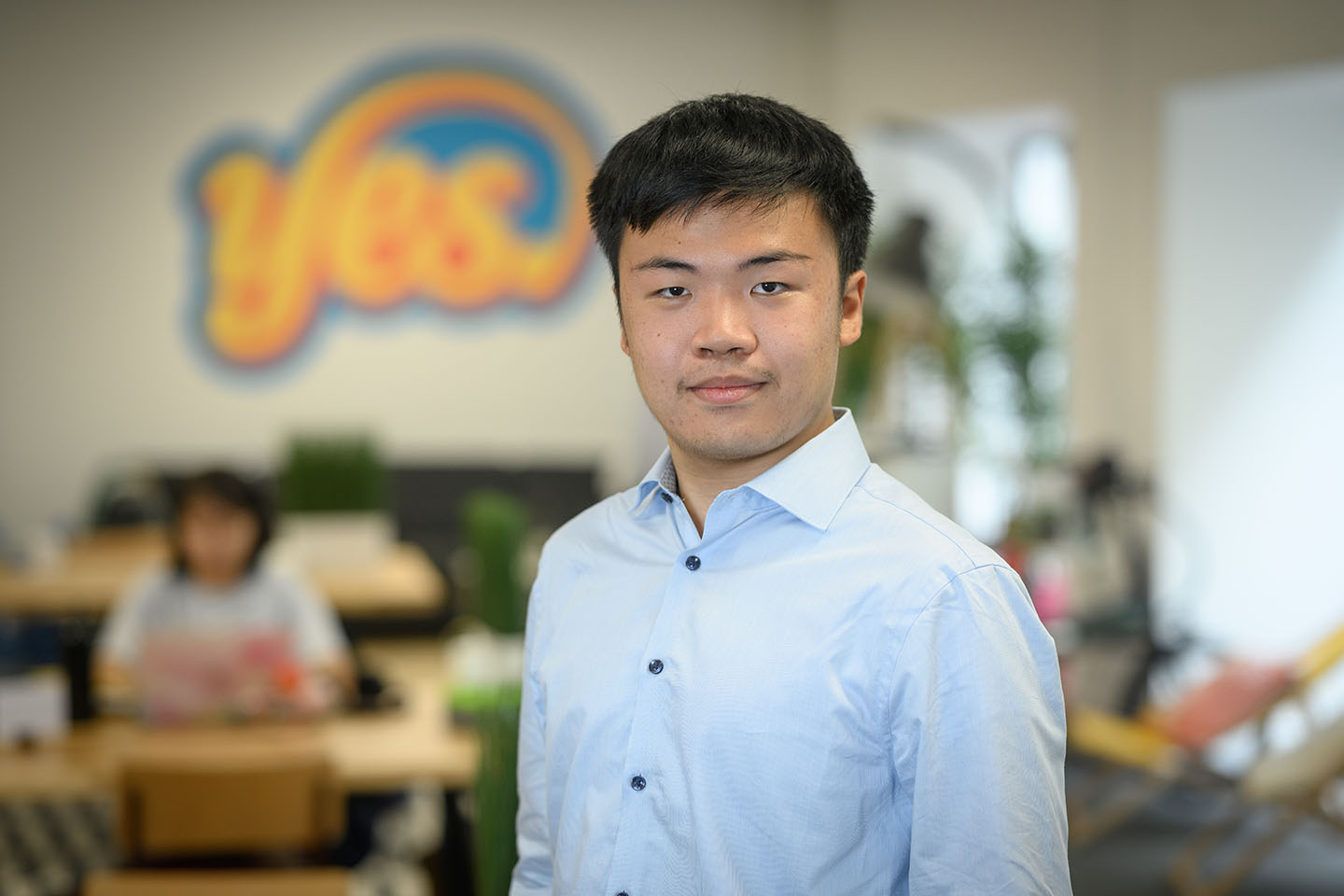Course details
- DepartmentDepartment of International History
- Application codeSS-IR223
Apply
Applications are open
We are accepting applications. Apply early to avoid disappointment.
Overview
This course provides students with a broad overview of twentieth century history, politics, and international relations through the lens of women’s rights. Women’s rights and feminism have grabbed headlines around the world in the context of global struggles for reproductive rights and the aftermath of the MeToo movement. This course offers an insight into these movements’ origins, evolution and intersection with questions of justice, democracy and human rights.
Students will explore how women influenced and were influenced by the First and Second World Wars, the Cold War, Decolonisation, leftist movements in the 1960s, revolutions, authoritarian regimes and struggles related to gender, racial and LGBTQ+ equality. Through broad global, regional and comparative analysis in lectures and in-depth historical studies of key women, groups, movements and institutions in classes, students will explore different methodologies for examining history in the 20th and 21st century. The geographical focus of the course is the Americas, including the United States, Latin America and the Caribbean. However, there will be opportunities to explore comparisons and contrasts with other parts of the world including Britain, Europe, Africa, and Asia.
Key topics include:
- First Wave Feminism and the First World War in the United States, Latin America and the Caribbean
- The Global 60s in the Americas, the Women’s Liberation Movement and Black Power
- Women and the Cold War in the Americas
- Third Wave Feminism in the Americas: Reproductive rights and LGBTQ+ politics in a comparative geographic focus
Learning will take place in and beyond the classroom, with visits to the archival collection at the Women’s Library at the LSE, the Americas collection at the British Library, the Black Cultural Archives in Brixton and the Feminist Library in Peckham. Led by two leading historians of the Americas, students will get a chance to learn about current and existing research and therefore have a chance to discuss with them both the content of the course and questions relating to historical methodology and approaches.
Key information
Prerequisites: At least one introductory course in either social science (e.g. political science, international relations, sociology, economics), history or law
Level: 200 level. Read more information on levels in our FAQs
Fees: Please see Fees and payments
Lectures: 36 hours
Classes: 18 hours
Assessment: One written archive essay (50%) and a final open book examination (50%).
Typical credit: 3-4 credits (US) 7.5 ECTS points (EU)
Please note: Assessment is optional but may be required for credit by your home institution. Your home institution will be able to advise how you can meet their credit requirements. For more information on exams and credit, read Teaching and assessment
Is this course right for you?
This course is suited to anyone with an interest in international politics and society in the 20th and 21st century. It is particularly suited to those who have an interest in, or have studied an aspect of, US, Latin America and Caribbean history, those looking to expand their historical approaches and methodology or those curious about the history of women, rights and justice.
Outcomes
Students taking this course will:
- Gain insight into an alternative history of twentieth century international politics and society
- Attain a new awareness of the comparative and connected history of Latin America, the United States and the Caribbean as well as how these areas connect to Britain, Europe and Asia
- Explore and work with archives and with historical primary sources
- Acquire proficiency in different methods and approaches for understanding the past
Content
Faculty
The design of this course is guided by LSE faculty, as well as industry experts, who will share their experience and in-depth knowledge with you throughout the course.

Dr Imaobong Umoren
Associate Professor

Dr Tanya Harmer
Associate Professor
Department
The LSE's Department of International History is one of the world’s leading centres for historical study and research. History at the LSE is consistently ranked amongst the top ten in the QS World University subject league tables, and in the top three in the UK and Europe.
The department encourages debate and discussion of past events and historical controversies. Within an international framework, its members explore such major subjects as the causes and conduct of wars; the crafting of peace settlements; the development of societies over time and their transnational connections; the emergence of empires and their governance; the rise of nationalism; the interactions between the state and religious beliefs; colonialism and decolonization; civil wars and insurgencies; the world wars of the twentieth century; and the development and ramifications of the Cold War.
Join our mailing list
Join our mailing list to be notified when applications open for next summer.
Apply
Applications are open
We are accepting applications. Apply early to avoid disappointment.
